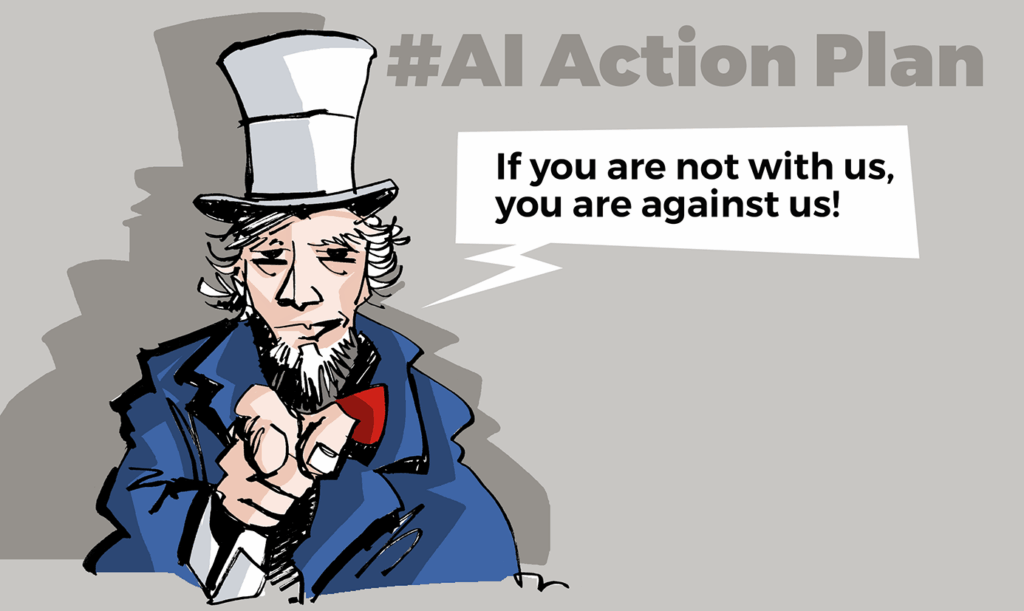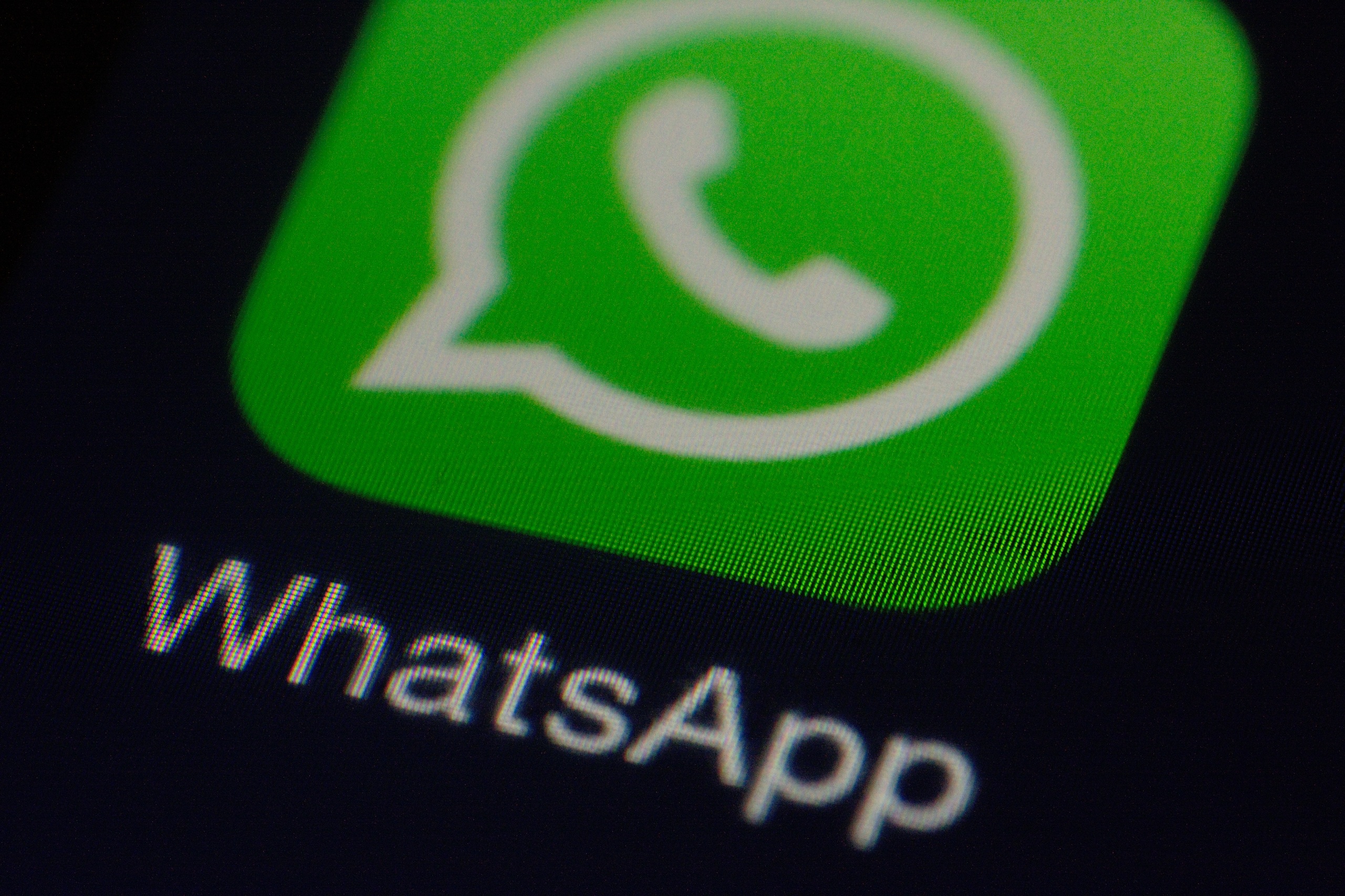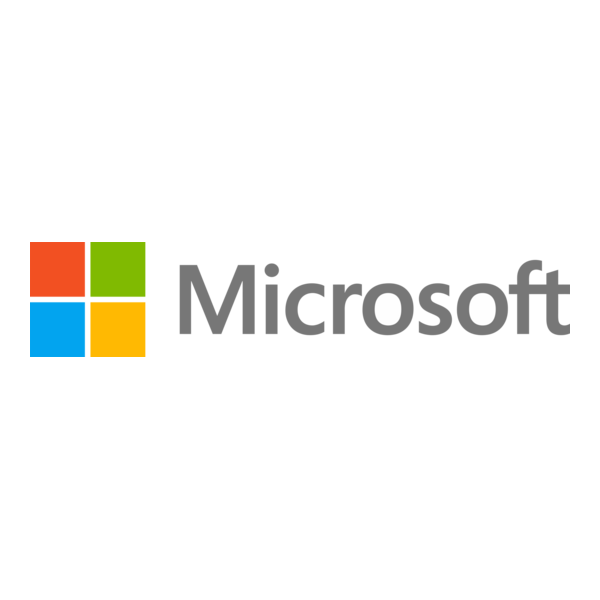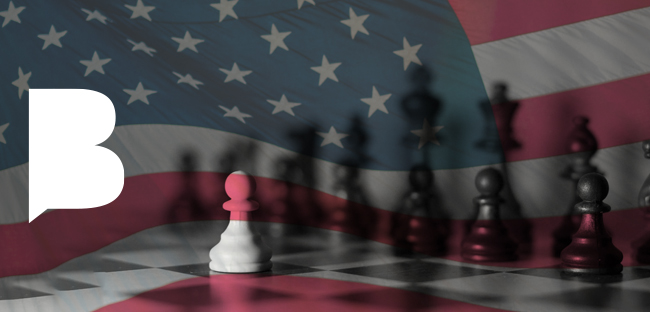
25 July – 1 August 2025

Dear readers,
Over the past week, the White House has launched a sweeping AI initiative through its new publication Winning the Race: America’s AI Action Plan, an ambitious strategy to dominate global AI leadership by promoting open-source technology and streamlining regulatory frameworks. America’s ‘open-source gambit’, analysed in detail by Dr Jovan Kurbalija in Diplo’s blog, signals a significant shift in digital policy, intending to democratise AI innovation to outpace competitors, particularly China.
Supporting this bold direction, major tech giants have endorsed President Trump’s AI deregulation plans, despite widespread public concerns regarding potential societal impacts. Trump’s policies notably include an explicit push for ‘anti-woke’ AI frameworks within US government contracts, raising contentious debates about the ideological neutrality and ethical implications of AI systems in governance.
In parallel, China has responded with its own global AI governance plan, proposing the establishment of an international AI cooperation organisation to enhance worldwide coordination and standard-setting. Thus, it is not hard to conclude that there is an escalating AI governance competition between the two technological superpowers, each advocating distinctly different visions for the future of global AI development.
On the multilateral stage, the UN’s Economic and Social Council (ECOSOC) adopted a resolution: ‘Assessment of the progress made in the implementation of and follow-up to the outcomes of the World Summit on the Information Society’, through the Commission on Science and Technology for Development (CSTD), reaffirming commitments to implement the outcomes of the World Summit on the Information Society (WSIS).
Corporate strategies have also reflected these geopolitical undercurrents. Samsung Electronics has announced a landmark $16.5 billion chip manufacturing deal with Tesla, generating optimism about Samsung’s capability to revive its semiconductor foundry business. Yet, execution risks remain substantial, prompting Samsung’s Chairman Jay Y. Lee to promptly travel to Washington to solidify bilateral trade relations and secure the company’s position amid potential trade tensions.
Similarly, Nvidia has placed a strategic order for 300,000 chipsets from Taiwanese giant TSMC, driven by robust Chinese demand and shifting US trade policies.
Meanwhile, the EU has intensified regulatory scrutiny, accusing e-commerce platform Temu of failing mandatory Digital Services Act (DSA) checks, citing serious risks related to counterfeit and unsafe goods.
In the USA, similar scrutiny arose as Senator Maggie Hassan urged Elon Musk to take decisive action against Southeast Asian criminal groups using Starlink services to defraud American citizens.
Finally, the EU’s landmark AI Act commenced its implementation phase this week, despite considerable pushback from tech firms concerned about regulatory compliance burdens.
Diplo Blog – The open-source gambit: How America plans to outpace AI rivals by democratising tech
On 23 July, the US unveiled an AI Action Plan featuring 103 recommendations focused on winning the AI race against China. Key themes include promoting open-source AI to establish global standards, reducing regulations to support tech firms, and emphasising national security. The plan addresses labour displacement, AI biases, and cybersecurity threats, advocating for reskilling workers and maintaining tech leadership through private sector flexibility. Additionally, it aims to align US allies within an AI framework while expressing scepticism toward multilateral regulations. Overall, the plan positions open-source AI as a strategic asset amid geopolitical competition. Read the full blog!
For the main updates, reflections and events, consult the RADAR, the READING CORNER and the UPCOMING EVENTS section below.
Join us as we connect the dots, from daily updates to main weekly developments, to bring you a clear, engaging monthly snapshot of worldwide digital trends.
DW Team
RADAR
Highlights from the week of 25 July – 1 August 2025
But worries rise as many free VPNs exploit users or carry hidden malware
From December, YouTube must block accounts for Australians under 16 or face massive fines.
Belarusian and Ukrainian hackers claim responsibility for strategic cyber sabotage of Aeroflot.
A NATO policy brief warns that civilian ports across Europe face increasing cyber threats from state-linked actors and calls for updated maritime strategies to strengthen cybersecurity and civil–military coordination.
AGCM says Meta may have harmed competition by embedding AI features into WhatsApp.
The EU AI Code could add €1.4 trillion to Europe’s economy, Google says.
Tether and Circle dominate the fiat-backed stablecoin market, now valued at over $227 billion combined.
Brussels updates Microsoft terms to curb risky data transfers
AI use in schools is weakening the connection between students and teachers by permitting students to bypass genuine effort through shortcuts.
Use of AI surveillance, including monitoring software, intensifies burnout, micromanagement feelings, and disengagement.
A majority of Fortune 500 companies now mention AI in their annual reports as a risk factor instead of citing its benefits.
The platforms lost more than $3.1 billion in the first half of 2025, with AI-powered hacks and phishing scams leading the surge.
AI jobs now span marketing, finance, and HR—not just tech.
Google and Microsoft lead investment in advanced AI and quantum infrastructure.
READING CORNER
On 23 July, the US unveiled an AI Action Plan featuring 103 recommendations focused on winning the AI race against China. Key themes include promoting open-source AI to establish global standards, reducing regulations to support tech firms, and emphasising national security.
Tracking technologies shape our online experience in often invisible ways, yet profoundly impactful, raising important questions about transparency, control, and accountability in the digital age.

















